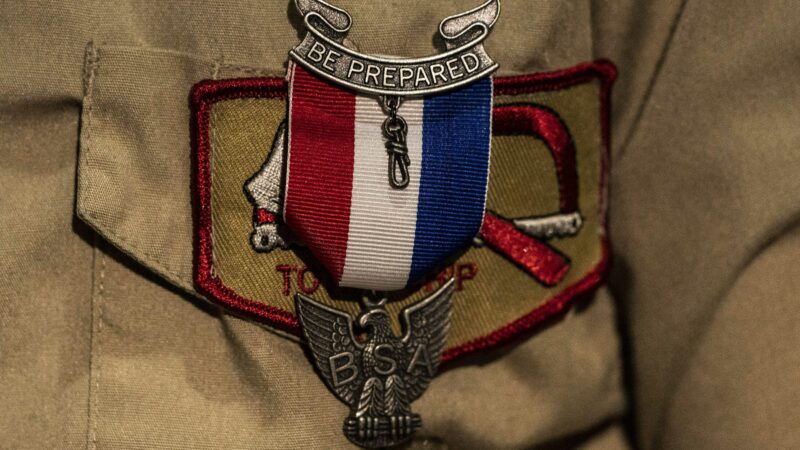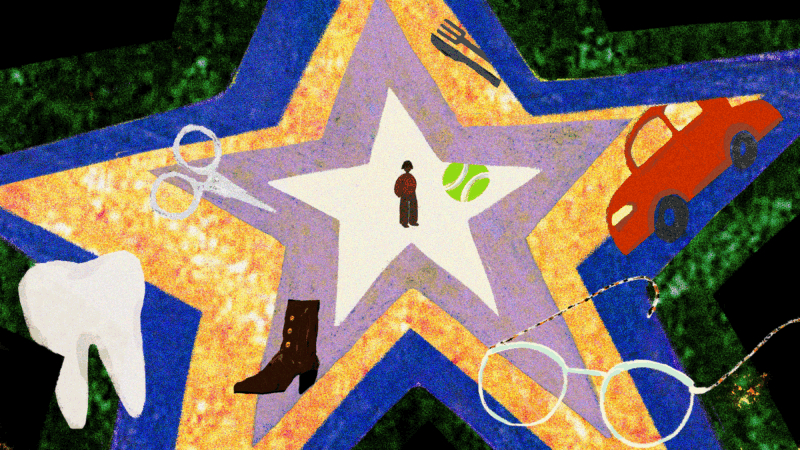Caught in Beirut
UPDATE 7/15/06: Jay and fellow students successfully evacuated the Lebanese-American University Saturday morning (local time) to the town of Byblos and are awaiting further evacuation to the island of Cyprus. (Thanks to The Birmingham News) We will keep you updated.
UPDATE 7/17/06: Jay and some of the other Lebanese-American University students left the port of Byblos on an international car freighter en route to Cyprus. There are hundreds of people on the boat. He told WBHM’s Steve Chiotakis (through a bad cell phone connection) that the passengers were hot and hungry (apparently there are no seats and no food on the boat) and dreading the long journey across the Mediterranean. But he says they are happy to be getting out of the war zone. He’s expected to arrive on Cyprus tomorrow morning local time. Other Americans will be flying home to the states while Jay is likely to head back to his apartment in Budapest, Hungary, if he can find a flight and gets permission from the state department.
UPDATE 7/19/06: Jay and more than 1,100 passengers arrived safely on the island of Cyprus, after an 11-hour trip by freighter from Lebanon. WBHM’s Steve Chiotakis spoke with him a few hours ago from Cyprus. He says the trip through the war zone was quite the learning – and harrowing – experience.
Jay’s Adventure
Pentagon shifts toward maintaining ties to Scouting
Months after NPR reported on the Pentagon's efforts to sever ties with Scouting America, efforts to maintain the partnership have new momentum
Why farmers in California are backing a giant solar farm
Many farmers have had to fallow land as a state law comes into effect limiting their access to water. There's now a push to develop some of that land… into solar farms.
Every business wants your review. What’s with the feedback frenzy?
Customers want to read reviews and businesses need reviews to attract customers. But the constant demand for reviews could be creating a feedback backlash, experts say.
Can’t get a prescription renewed? Here’s how to cope with prior authorizations
These health care hurdles can stand in the way of getting treatment your doctor says you need. Here's what to know about how to deal with them.
Civil rights leaders say the racial progress Jesse Jackson fought for is under threat
Activists say racial progress won by the Rev. Jesse Jackson is under threat, as a new generation of leaders works to preserve hard-fought civil rights gains.
‘Get back to integrity’: Oklahoma’s Kevin Stitt on Republicans after Trump
NPR's Steve Inskeep asks Oklahoma Gov. Kevin Stitt about his spat with President Trump, immigration and the future of the Republican Party.





